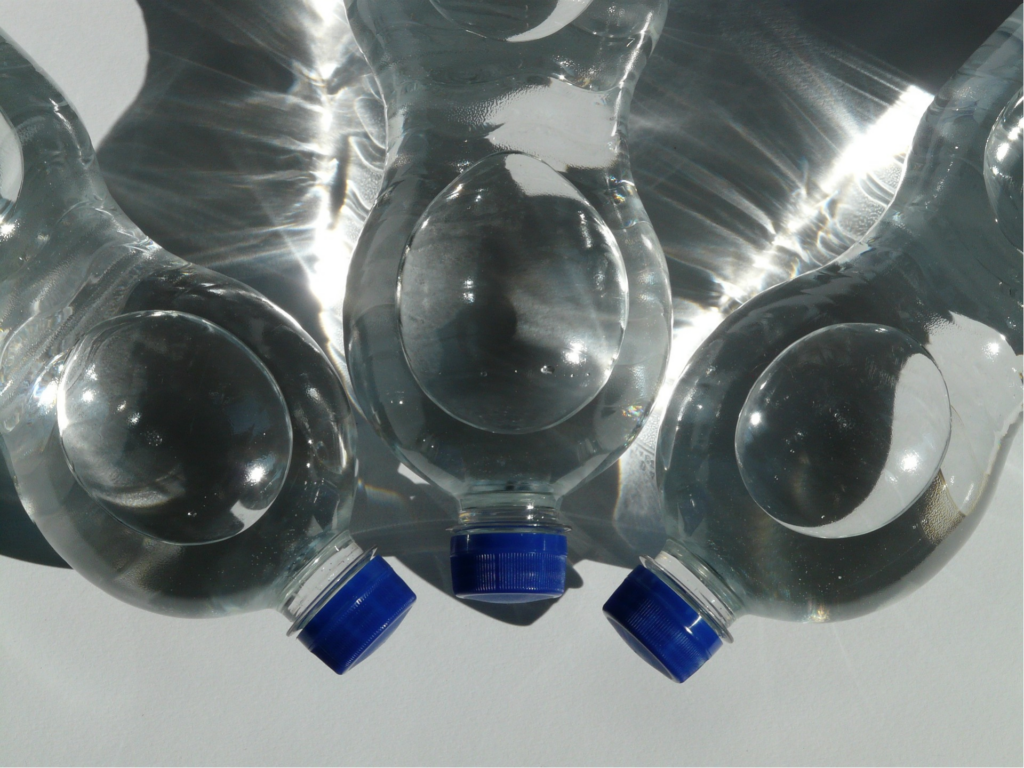A woman filed a lawsuit against the Ritz-Carlton earlier this month after accusing a staff member of serving her “semen-contaminated” water. The suit was filed at the United States District Court for the Northern District of California.
RELATED STORIES: 18 Members Of Lizzo’s Touring Company Come To Her Defense Amid Harassment Lawsuit
The woman, identified as Jane Doe, booked a room with her husband at the Ritz-Carlton in Half Moon Bay last year in November to celebrate her birthday. According to documents, the woman said one of the hotel employees ejaculated into a Ritz-Carlton water bottle and brought it to the couple’s room. Doe drank the water bottle and believed she ingested semen, leading the couple to contact hotel staff and police, as reported by WFLA.
After the complaint, the hotel sent the semen-contaminated bottle to a laboratory for further testing, and the results allegedly confirmed that there were body fluids in the water. However, Doe claims the hotel refused to give her a copy of the lab results so she could give it to her doctor.
RELATED STORIES: Blac Chyna Recalls Ex Tyga’s ‘Betrayal’ With Dating ‘Underage’ Kylie Jenner: “People Need To Hear My Side”
She said her primary concern was contracting a sexually transmitted disease after drinking the water. The lawsuit also states her husband is upset by the thoughts of his “inability to protect his wife, particularly from sexual assault, and the incident has negatively impacted their intimacy and emotional depth of their relationship.”
The hotel allegedly offered the couple Mariott rewards points for the incident. Still, they were not happy with the incentive because it could be used at another “anxiety-induced stay at a Ritz-Carlton property.” Their lawsuit accuses the hotel of being painfully negligent in inspecting hotel-branded food and beverages served to guests.
rinking something contaminated with bodily fluids can be very dangerous. The type of bodily fluid and the amount ingested will determine the severity of the illness. Some of the potential risks include:
Infectious diseases: Bodily fluids can contain various viruses, bacteria, and other pathogens that can cause infectious diseases. Some of the most common infections that can be transmitted through bodily fluids include HIV, hepatitis A, B, and C, and the common cold.
Food poisoning: Bodily fluids can also contain toxins that can cause food poisoning. Some of the most common toxins that can be found in bodily fluids include salmonella, E. coli, and norovirus.
Poisoning: Bodily fluids can also contain poisonous substances, such as drugs, alcohol, and pesticides. Ingesting these substances can lead to poisoning, which can be fatal in severe cases.







